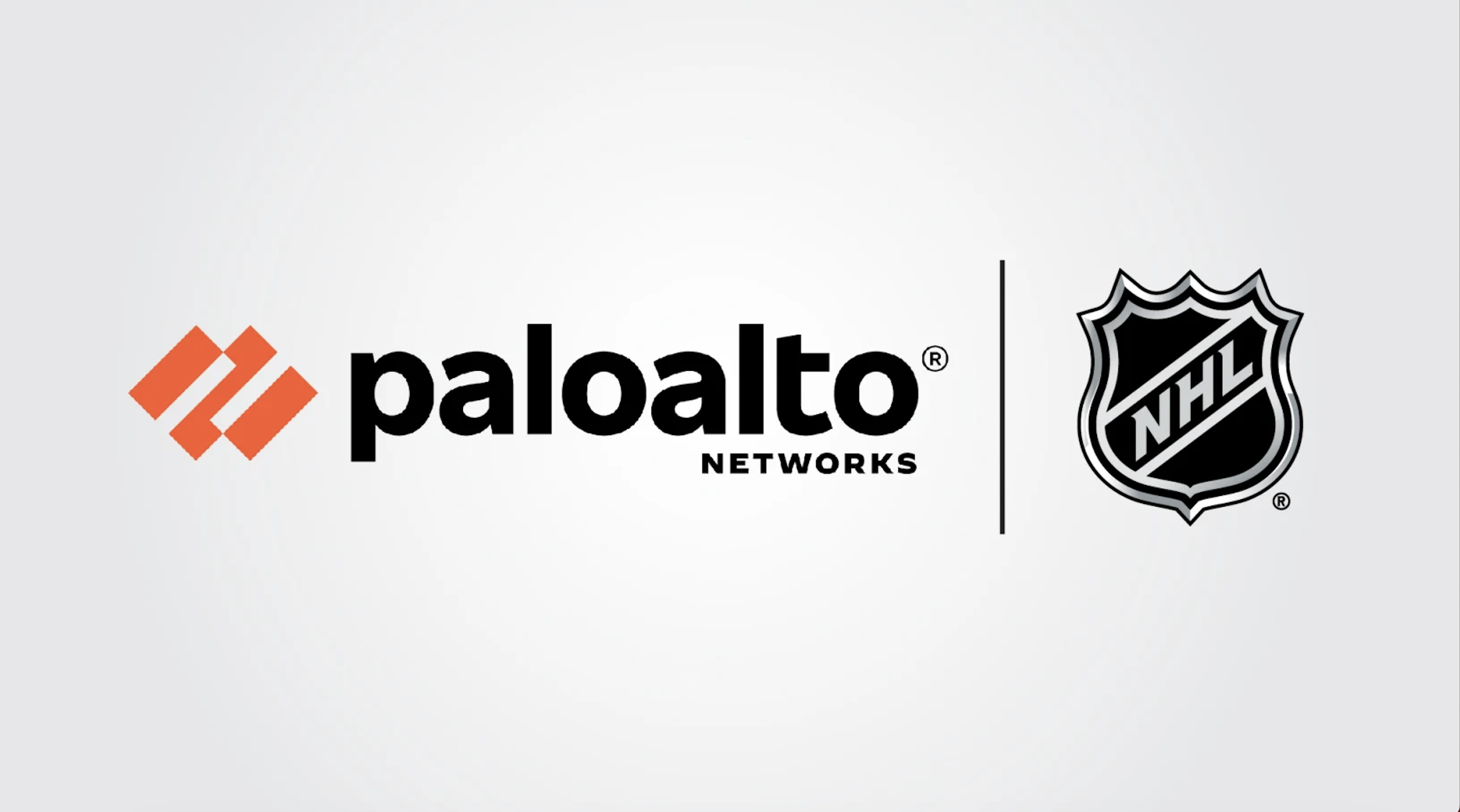 SECURITY
SECURITY
 SECURITY
SECURITY
 SECURITY
SECURITY
This was a big week for Palo Alto Networks Inc., as the cybersecurity market leader celebrated turned 20 this week with multiple activities, including its “Ignite on Tour” event in New York and ringing the closing bell at the New York Stock Exchange. At Ignite Wednesday, Palo Alto announced a multiyear partnership with the National Hockey League to strengthen cybersecurity across the league — from behind-the-scenes operations to what fans experience online and in arenas.
Of all the sport leagues, the NHL has been at the forefront of innovation. The league was the first to offer proprietary camera angles through their app, has been using AI to better understand competitive dynamics and developed the digitally enhanced dashboards. With so much of the fan experience being digital, the importance of security grows exponentially.
The NHL has been working with Palo Alto’s cybersecurity tools since 2009, including next-generation firewalls, cloud security services, and AI solutions. One of those tools, AI Access Security, lets the League use AI applications without exposing sensitive data. NHL employees also get secure internet access through Palo Alto’s Prisma Access Browser.
This multiyear partnership goes beyond just protecting systems and people. It supports the NHL’s larger mission to run its digital operations securely while offering fans a safer online experience. As part of the agreement, Palo Alto will also get exclusive marketing rights, tying its brand more closely to the NHL through social media, digital content and other promotional channels.
During the Ignite event, David Munroe, senior vice president of information technology and security for the NHL, talked about the importance of security. “We have become a very data-oriented organization,” he said. “Awhile ago, people would watch the game, enjoy it, see who the winner is and go home.”
Now, he said, “there are so many more aspects to the game – the stats, metrics such as how fast players skate, shot speed and other data coming in that we utilize in different ways.” He went on to explain that “data is used for broadcast, it’s fan-facing and used for marketing. The league is always trying to grow its fan base and showing data in different ways can help with that.”
The shift to a data-driven environment has raised the stakes in security. Sport leagues have shifted to digital tickets, facial entry, cashless payments and other technologies that require customer data that, if stolen, could have huge repercussions. One aspect that Munroe did not bring up, but I know is on all sports chief information security officers’ minds is the impact online gambling has had on the game.
Thoough it’s fun for the average fan to build a $10 parlay that involve Alex Ovechkin chasing down Gretzky, sports betting is huge business and that creates equally large risks. This involves everything from frustrated gamblers harassing players that didn’t meet an expected goal to nation-states targeting players from certain countries to medical information that could indicate whether a player returns. Any breach of data undermines the integrity of the sport.
To help protect all stakeholders, the NHL turned to Palo Alto Networks. Munroe explained why the platform approach was so important. “When you have a lot of discrete solutions, it becomes difficult to manage and while we like best of breed, we want the best end-to-end solution in place,” he explained onstage. “A platform creates a consistent experience across all our business needs.”
In my discussions with security leaders, the value of platform is becoming better understood. At Black Hat last year, a CISO from a major bank told me that best of breed everywhere does not lead to best-in-class threat protection. In fact, it works against the goal as it creates too many blind spots between the different vendors. While he had not consolidated down to a single security vendor, he had reduced the number of security providers from over a hundred to under five.
As artificial intelligence continues to make the information technology environment more complex, it will be interesting to see if more businesses follow the lead of NHL and other organizations that have embraced security platformization. During the event, the analysts had a roundtable with Palo Alto Chief Executive Nikesh Arora, who was extremely bullish regarding the opportunity that lies ahead as he declared the era of “best of breed” to be over.
I’ve been a believer in the platform concept for years but, for most businesses, there is no easy button in making the shift to a platform. Most companies have a massive amount of technical debt, processes built around certain vendors, and security teams trained in certain tools. AI will make protecting an organization increasingly difficult as the volumes of data and the speed at which companies operate will accelerate, and that could cause Arora’s prediction to come true sooner than later.
Zeus Kerravala is a principal analyst at ZK Research, a division of Kerravala Consulting. He wrote this article for SiliconANGLE.
Support our mission to keep content open and free by engaging with theCUBE community. Join theCUBE’s Alumni Trust Network, where technology leaders connect, share intelligence and create opportunities.
Founded by tech visionaries John Furrier and Dave Vellante, SiliconANGLE Media has built a dynamic ecosystem of industry-leading digital media brands that reach 15+ million elite tech professionals. Our new proprietary theCUBE AI Video Cloud is breaking ground in audience interaction, leveraging theCUBEai.com neural network to help technology companies make data-driven decisions and stay at the forefront of industry conversations.